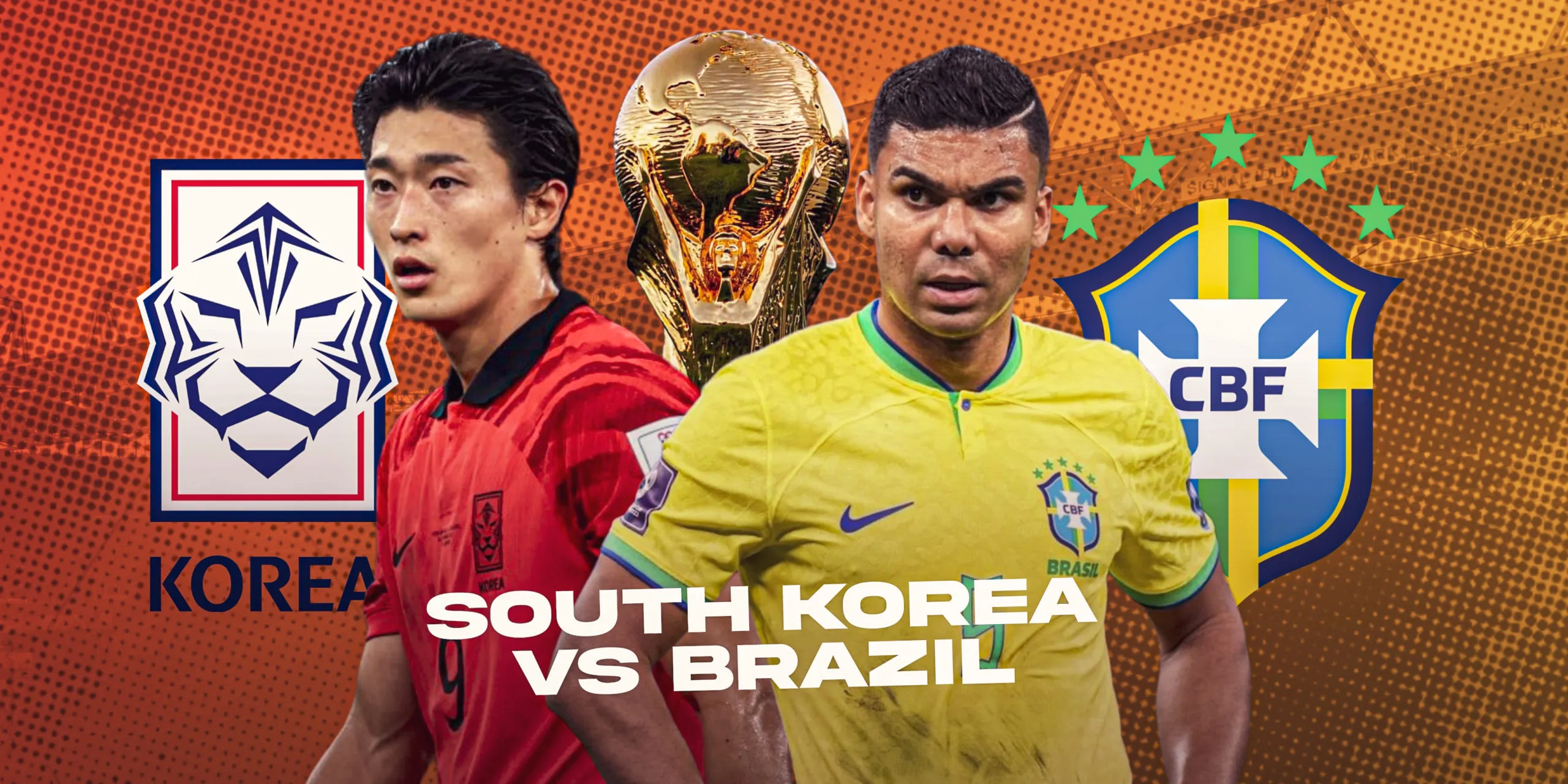South Korea and Brazil may be separated by geography and language, but when it comes to passion, pride, and football, the two nations share a surprising number of similarities. Both countries boast a deep love for the beautiful game, and their relationship — on and off the pitch — continues to evolve in fascinating ways. For U.S. readers who follow global sports or international culture, understanding this connection reveals just how powerful football can be as a bridge between worlds.
The Football Connection: Brazil’s Legacy Meets South Korea’s Ambition
When people think of football, Brazil is often the first name that comes to mind. The Brazil national football team is legendary — with five FIFA World Cup titles and icons like Pelé, Ronaldo, and Neymar shaping its legacy. The country’s samba-inspired playing style, flair, and emotion have made it synonymous with football excellence.
South Korea, meanwhile, represents resilience and rapid growth in world football. As the most successful Asian nation in World Cup history, the South Korean national team has reached milestones that no other Asian squad has matched — most notably the unforgettable run to the semifinals in the 2002 FIFA World Cup, co-hosted with Japan.
When South Korea vs. Brazil matchups happen, they draw global attention — not just for their competitive edge but for what they symbolize. Brazil brings experience and artistry; Korea brings energy and tactical discipline. The contrast often creates some of the most memorable moments in international football.
In a recent friendly in Seoul, Brazil dominated with a commanding win, but South Korea’s players showed flashes of creativity and determination. For fans across the United States watching through streaming platforms, the game was more than a match — it was a cultural showcase, merging the rhythmic energy of Brazilian football with the structured precision of Korean play.
Beyond Football: Cultural and Economic Bridges
The South Korea–Brazil relationship goes far beyond the football pitch. Economically, both countries are vital players in their respective regions — Brazil as a South American powerhouse and Korea as a key force in Asia. Trade between the two nations has expanded steadily, driven by Korea’s demand for Brazilian raw materials and Brazil’s growing interest in Korean technology, automobiles, and digital innovation.
Culturally, K-pop and Brazilian music are finding curious intersections online. Korean artists are gaining popularity among young Brazilian fans, while Brazilian rhythms — like bossa nova and funk carioca — are influencing Korean producers experimenting with cross-genre collaborations. It’s a vibrant exchange that mirrors how football unites fans across borders.
Even in education and tourism, exchanges have grown. More Brazilian students are studying in Seoul’s top universities, drawn by technology programs and pop culture. Similarly, Korean tourists are exploring Rio de Janeiro and São Paulo to experience Brazil’s music, beaches, and food — proving that globalization runs both ways.
Lessons from Football: Unity, Discipline, and Style
Watching Brazil vs. South Korea offers more than just 90 minutes of sport. It’s a story about two nations that approach life and competition differently, yet share an enduring respect for effort and excellence.
Brazilian football has always celebrated joy and creativity — football as art. From Ronaldinho’s smile to Neymar’s dribbles, it’s a dance on grass. South Korea’s approach, however, is built on teamwork, fitness, and precision — football as collective discipline. When these styles clash, it’s not just sport; it’s a philosophy duel.
For U.S. fans who appreciate the strategy of the NFL or the intensity of college football, watching South Korea vs. Brazil brings a similar emotional arc — a balance of tactics, heart, and national pride. Each game feels like a cultural conversation, one that transcends language and politics.
Global Impact and the Future of the Rivalry
Both South Korea and Brazil are looking beyond their regional boundaries. Brazil’s young players are joining clubs in Europe and Asia, while South Korea’s top talents, like Son Heung-min, are leading global franchises such as Tottenham Hotspur. The exchange of talent between continents is not just reshaping football — it’s reshaping how fans connect.
The U.S., as one of the world’s fastest-growing football markets, has a front-row seat to this evolution. Streaming platforms, youth academies, and international friendlies make it easier than ever for American fans to engage with Brazilian flair and Korean discipline. And as both nations prepare for future tournaments, expect more cross-cultural respect, competition, and mutual admiration.
Final Thoughts
From the dazzling flair of Brazil to the unwavering determination of South Korea, the bond between the two nations shows how football — the world’s most universal sport — can transcend borders. What began as a competitive matchup has evolved into a meaningful cultural dialogue that continues to inspire millions of fans, from Seoul to São Paulo, and even across the United States.
In the end, South Korea and Brazil remind us that while football is played with the feet, it’s felt in the heart — and that’s something every fan, no matter where they are, can relate to.
